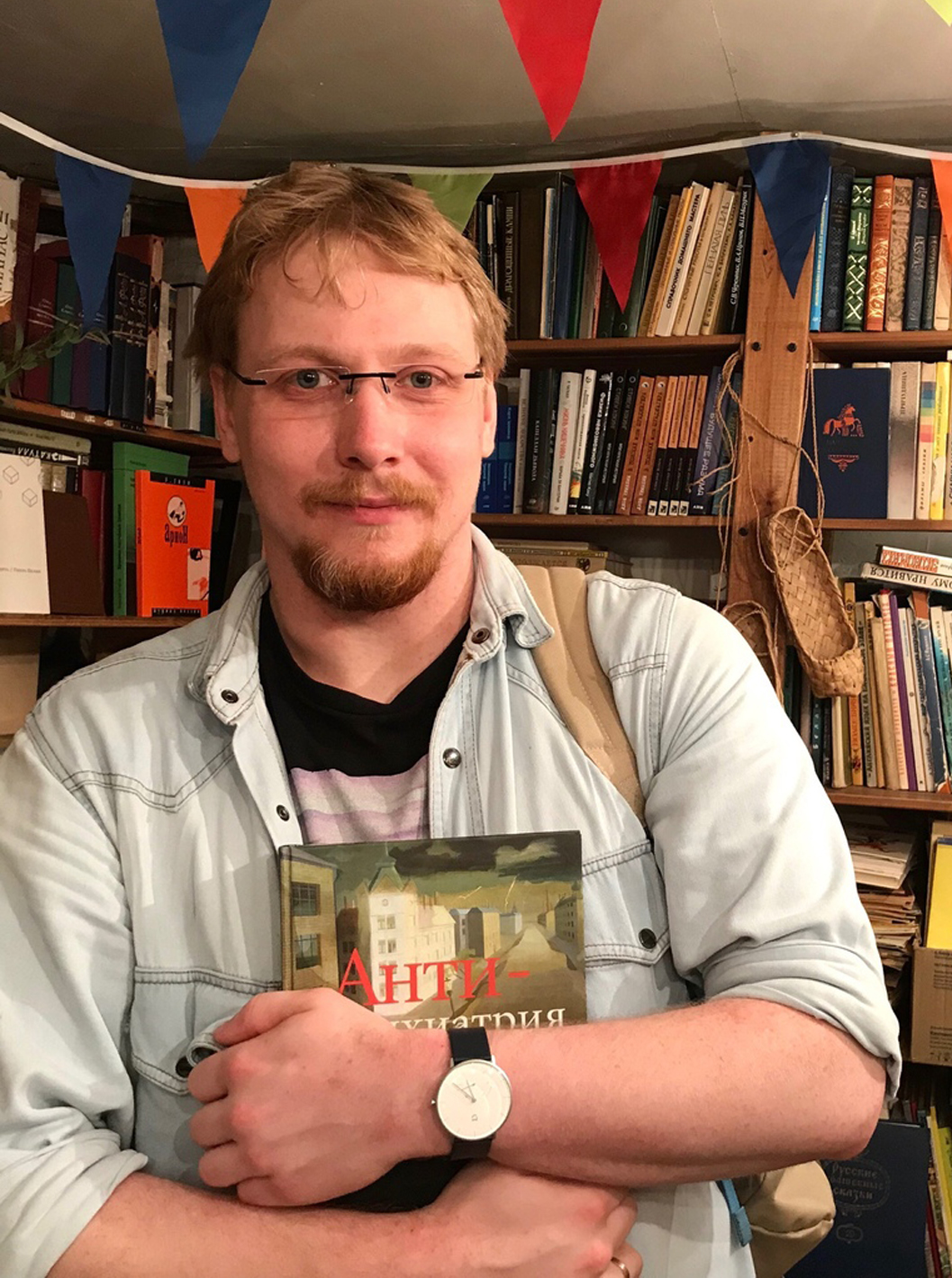The article analyzes the etiology of experiences of spiritual voices and visions typical for Christian mysticism. The problem of one-sidedness of judgments in this question, which formed a confrontation between the positions of psychiatric and theological reflection by the XX century, is raised. It is shown that an interdisciplinary approach is necessary for religious studies, overcoming the initially given positions of predetermining the ontological status of experiences. The approach is aimed at finding an explanation of the natural mechanisms of thinking underlying such experiences. The research shows that in the absence of psychopathological factors, due to the polymorphism of thinking, the internal speech experienced in a situation of failure as given by the Other can serve as such a single basis for both types of experiences. However, these remarks on the etiology of spiritual visions and voices show that it is questionable whether a single universally applicable theory is possible outside the analysis of a particular personal experience. They point to the need for methodological caution in religious studies and perform hermeneutic and phenomenological analysis of the human lifeworld.
Keywords: religious experience, auditory verbal hallucinations, inner speech, autocommunication, thinking
DOI: 10.22250/2072-8662.2020.3.26-35
About the author
 |
Mikhail M. Bazlev – Master in Religious Studies, Postgraduate student at Educational and Research Centre of Religious Studies, Russian State University for the Humanities; |






